Gallery
Helpful Insights on HVAC Repairs, Costs, and Preventive Care
Gallery
Helpful Insights on HVAC Repairs, Costs, and Preventive Care
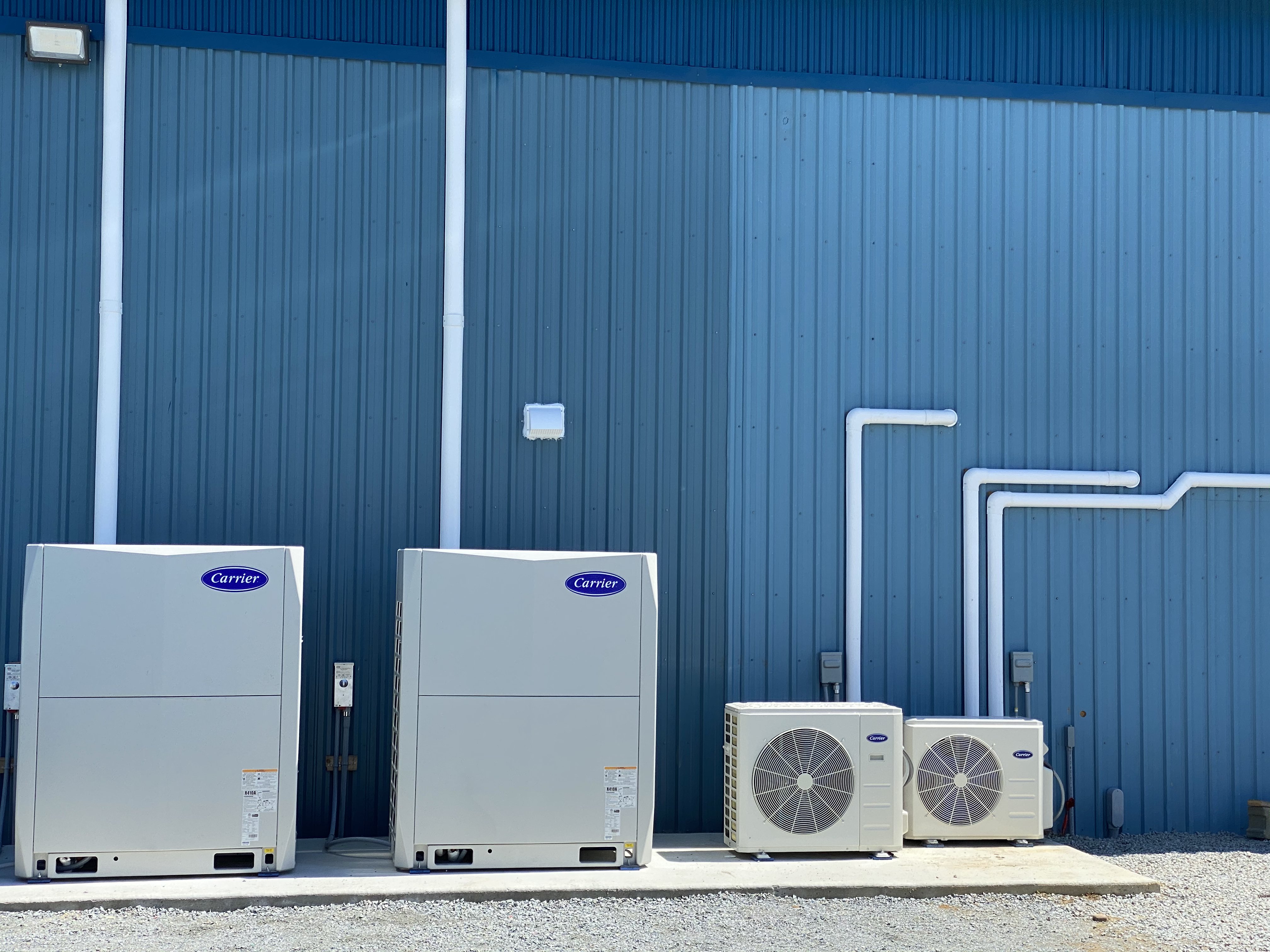
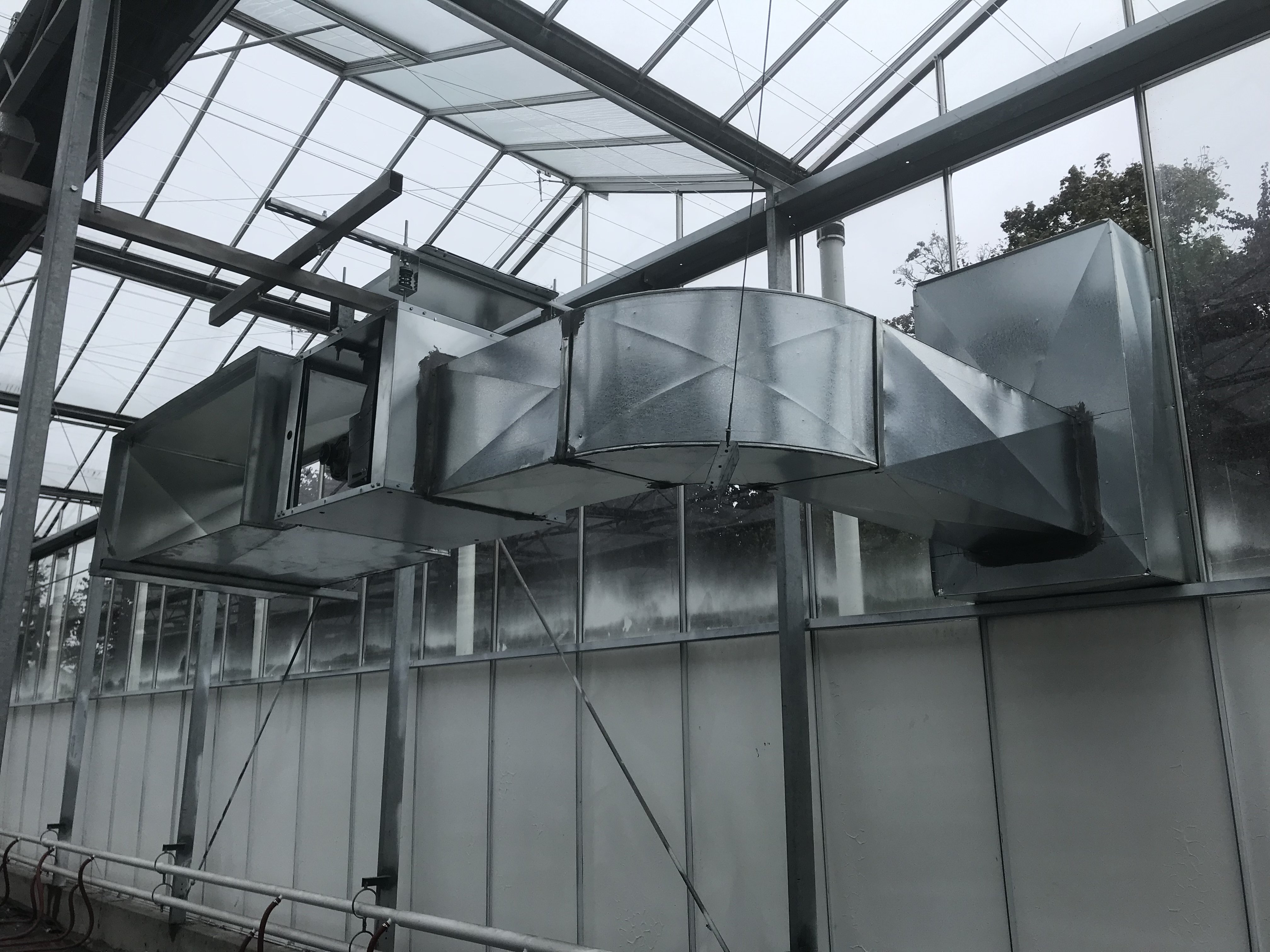
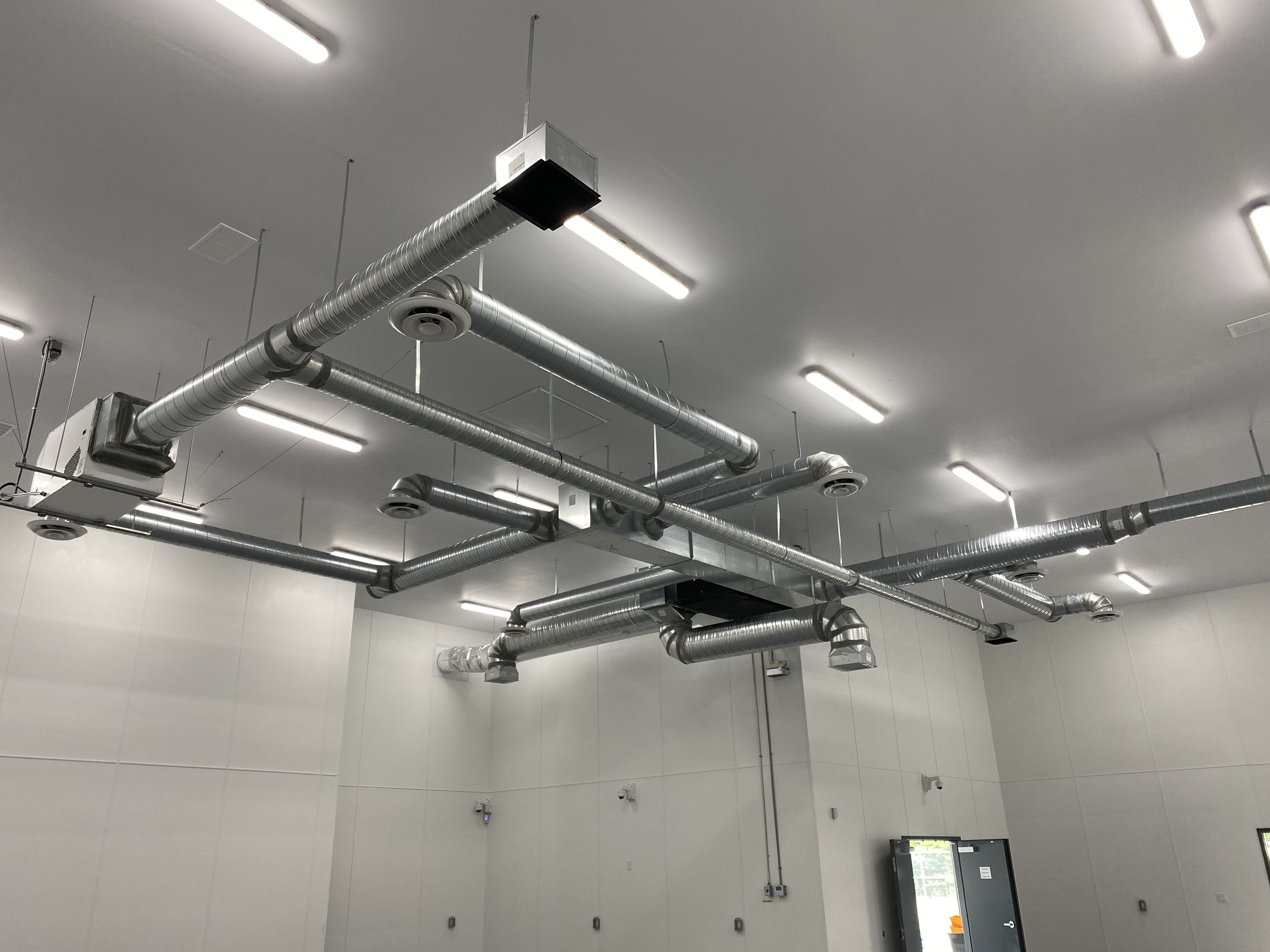
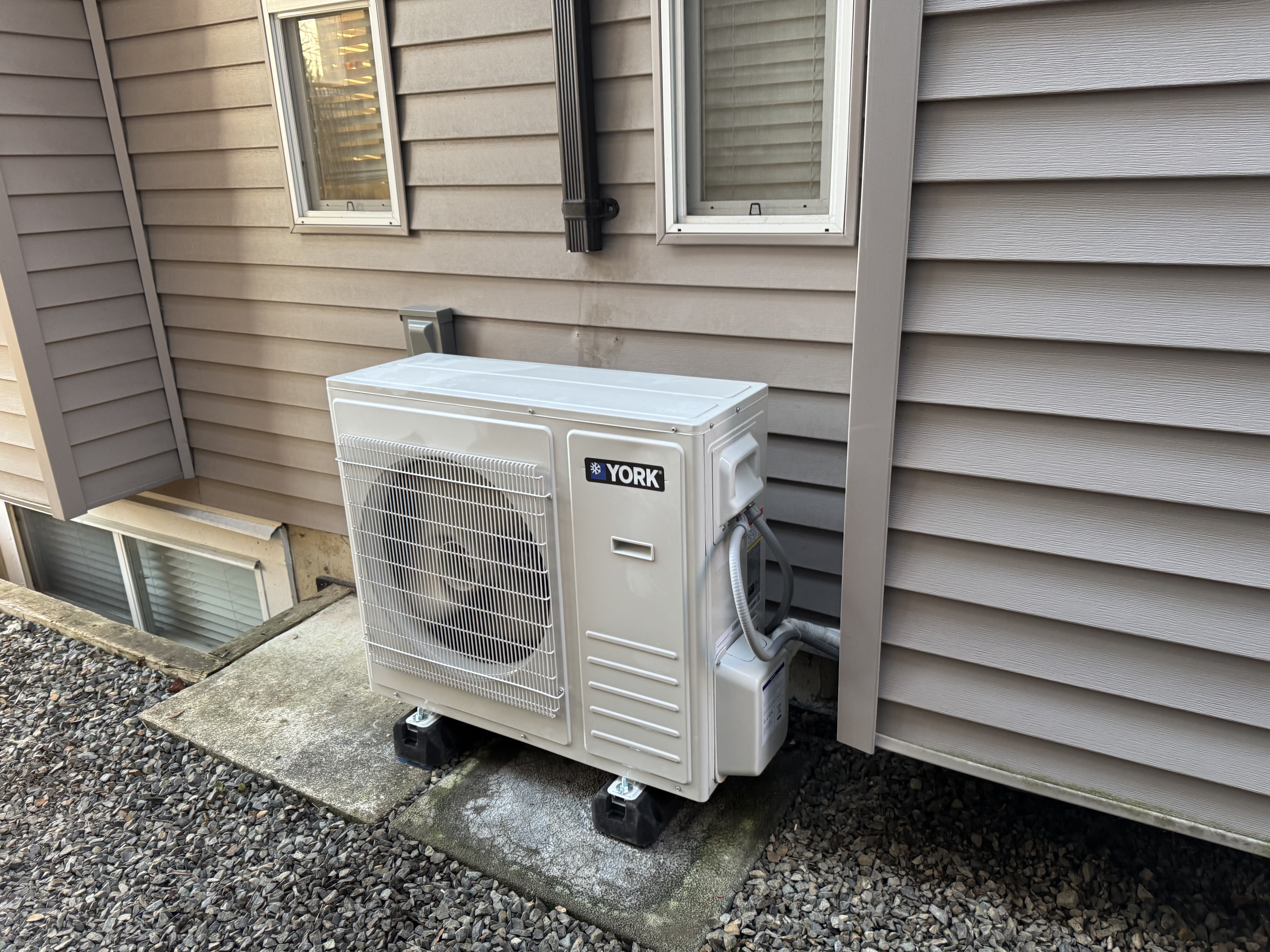
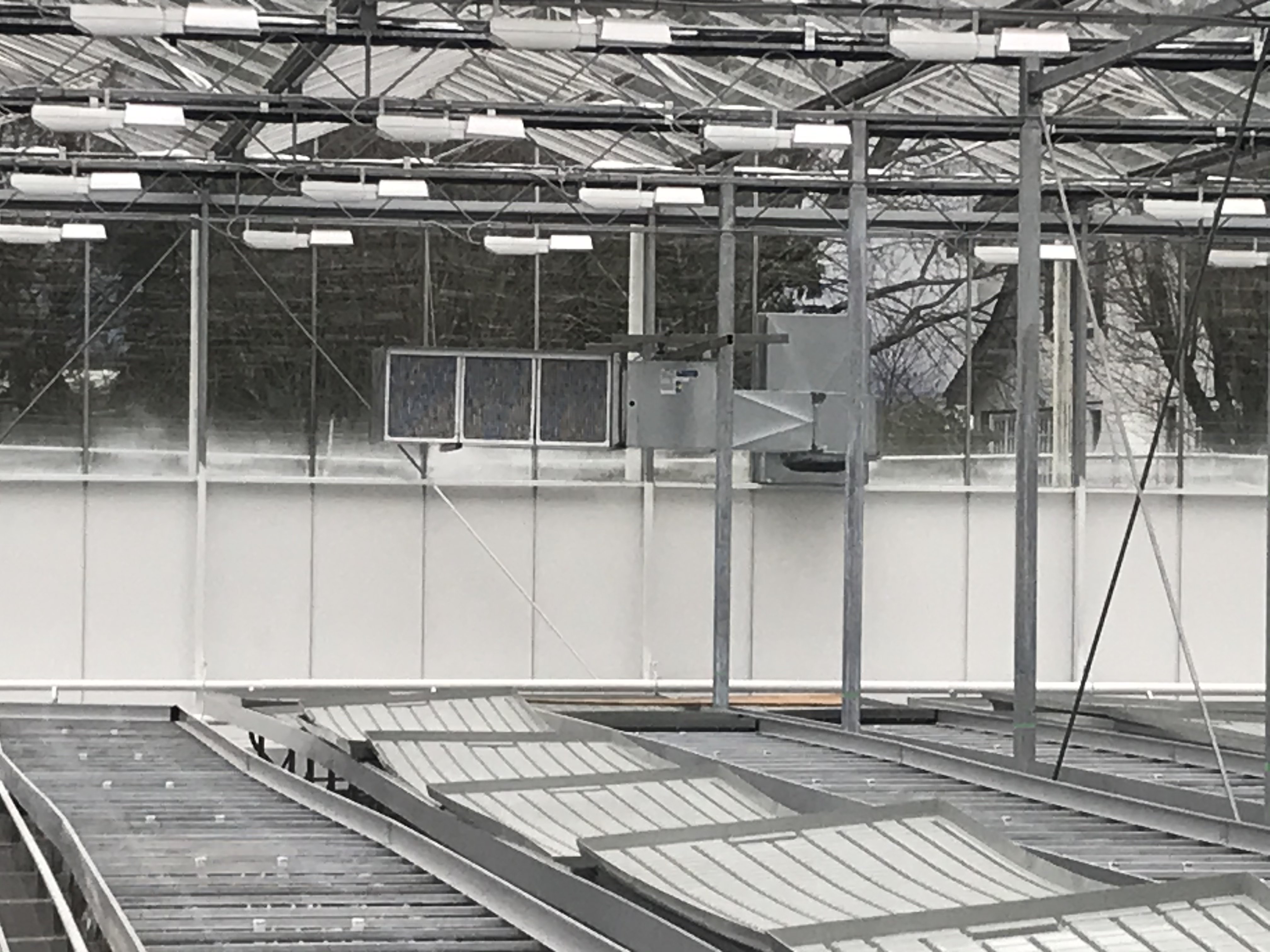
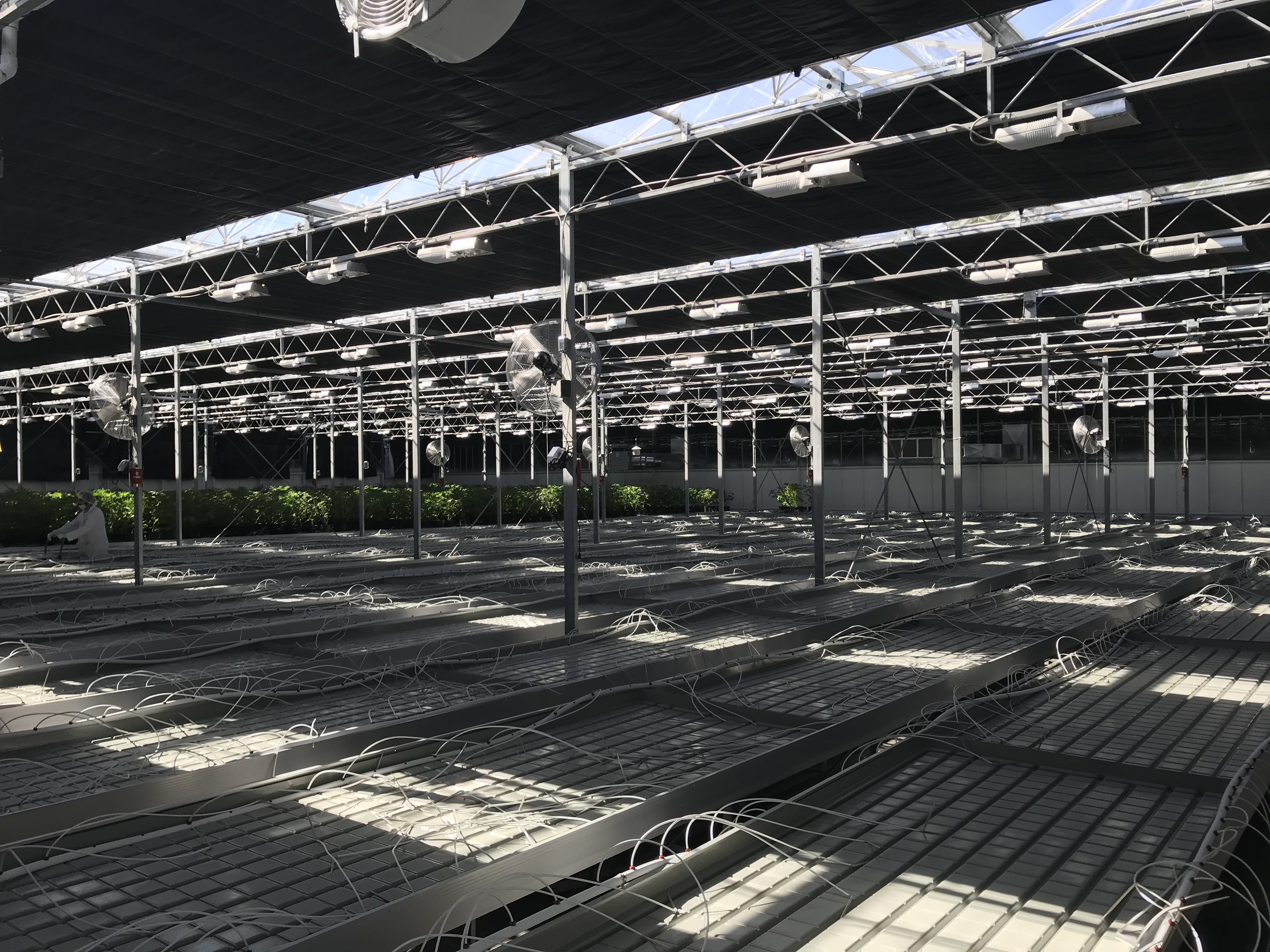
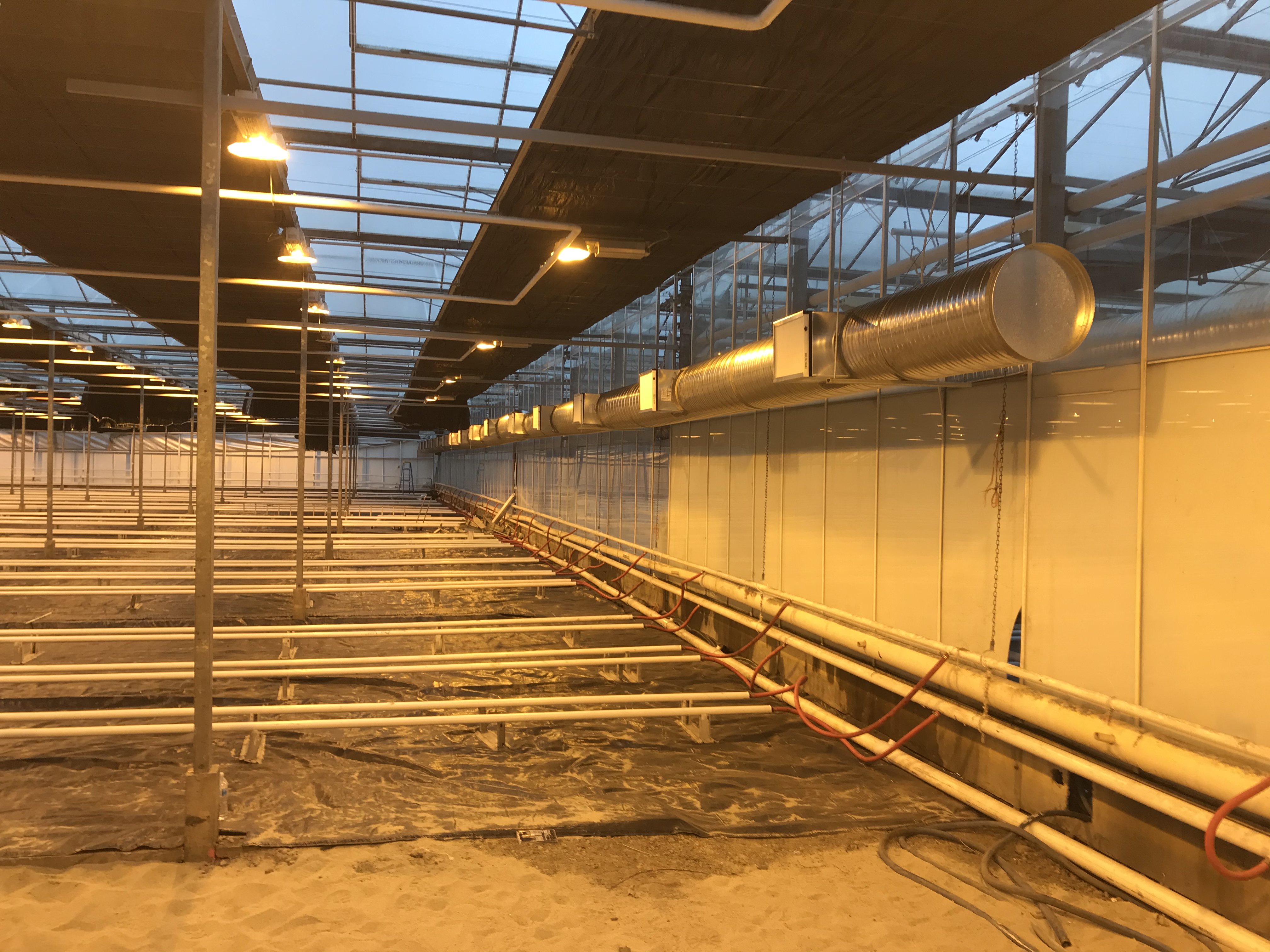
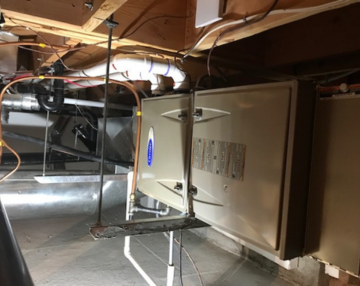
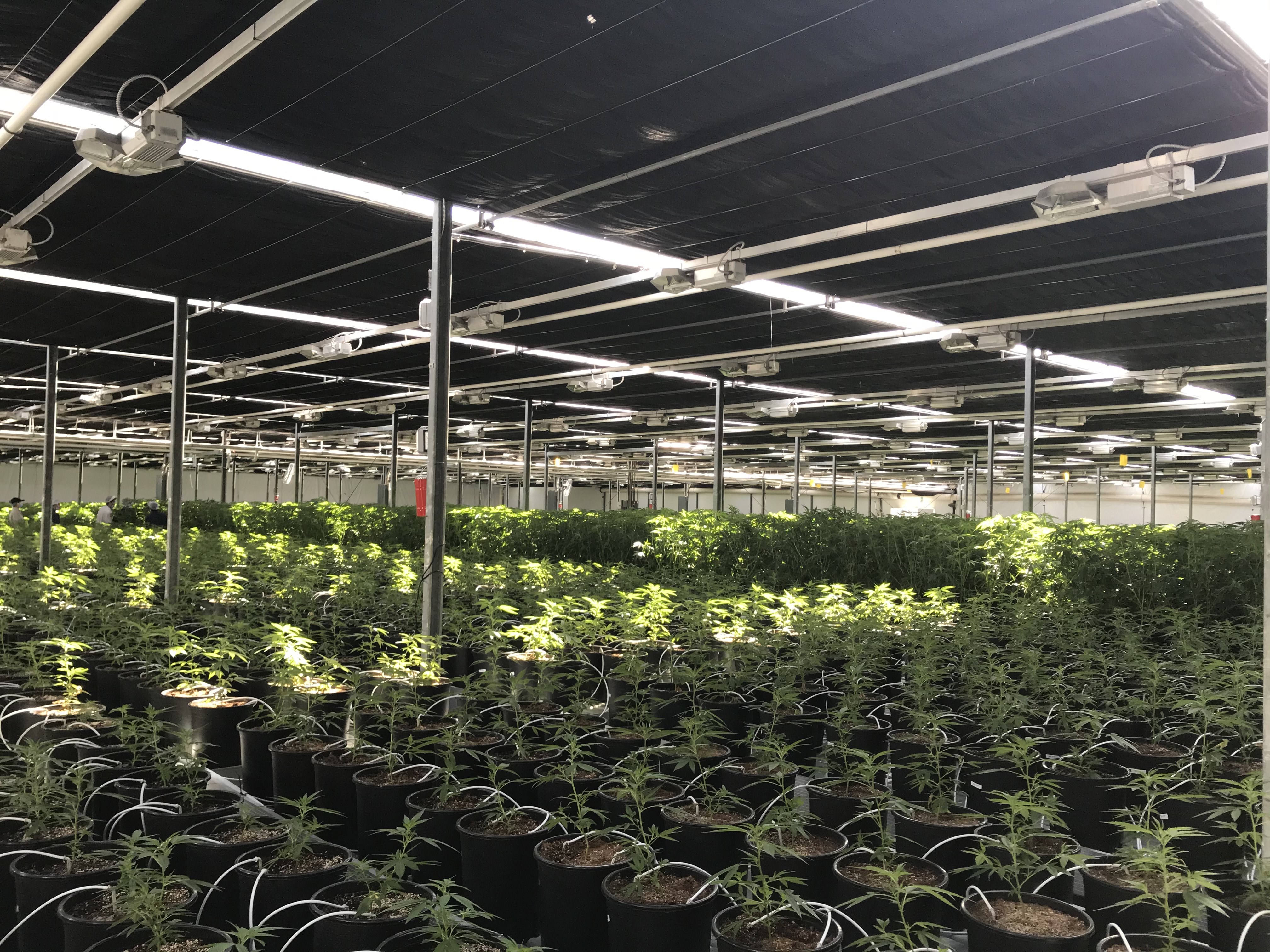
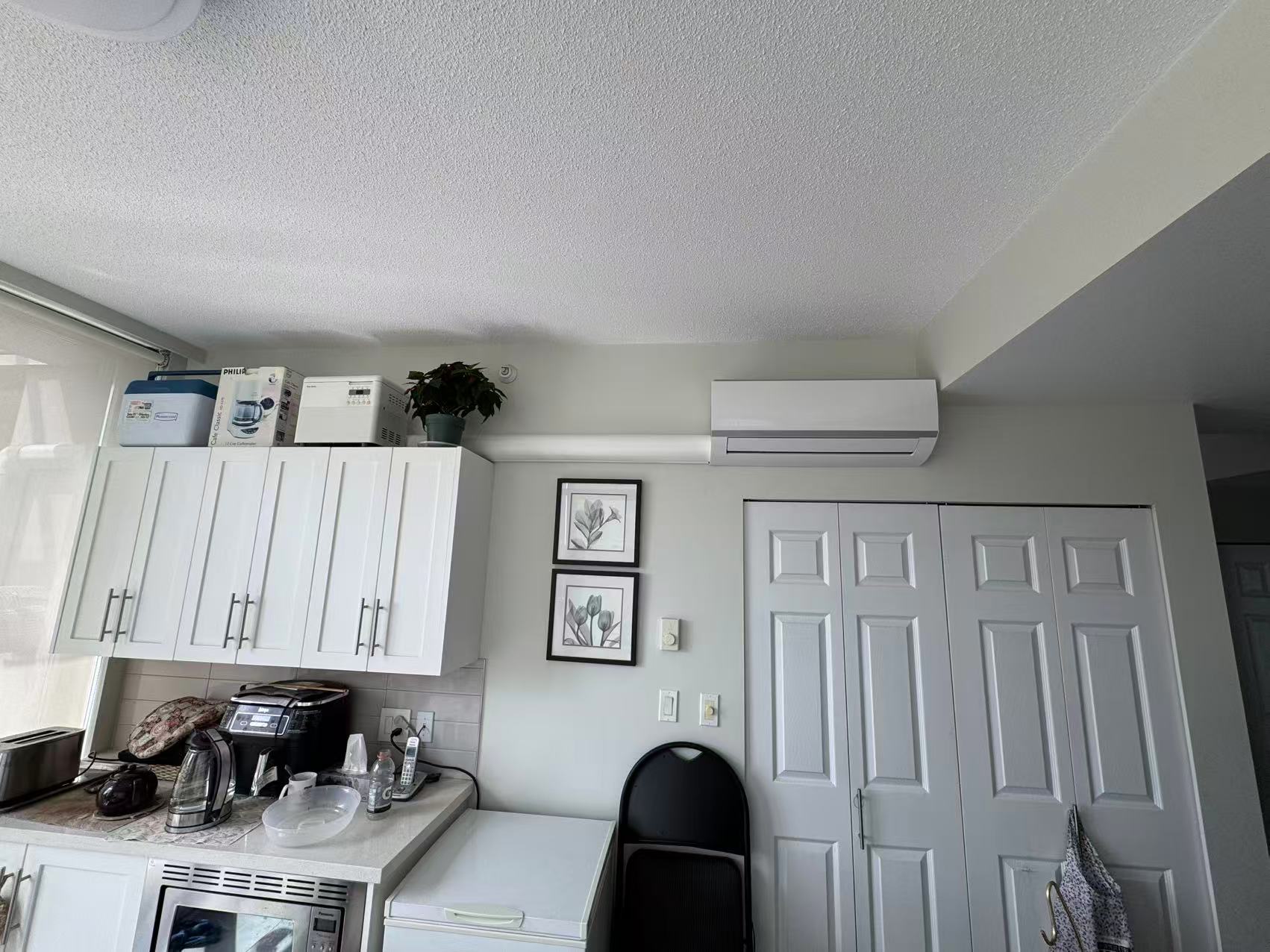
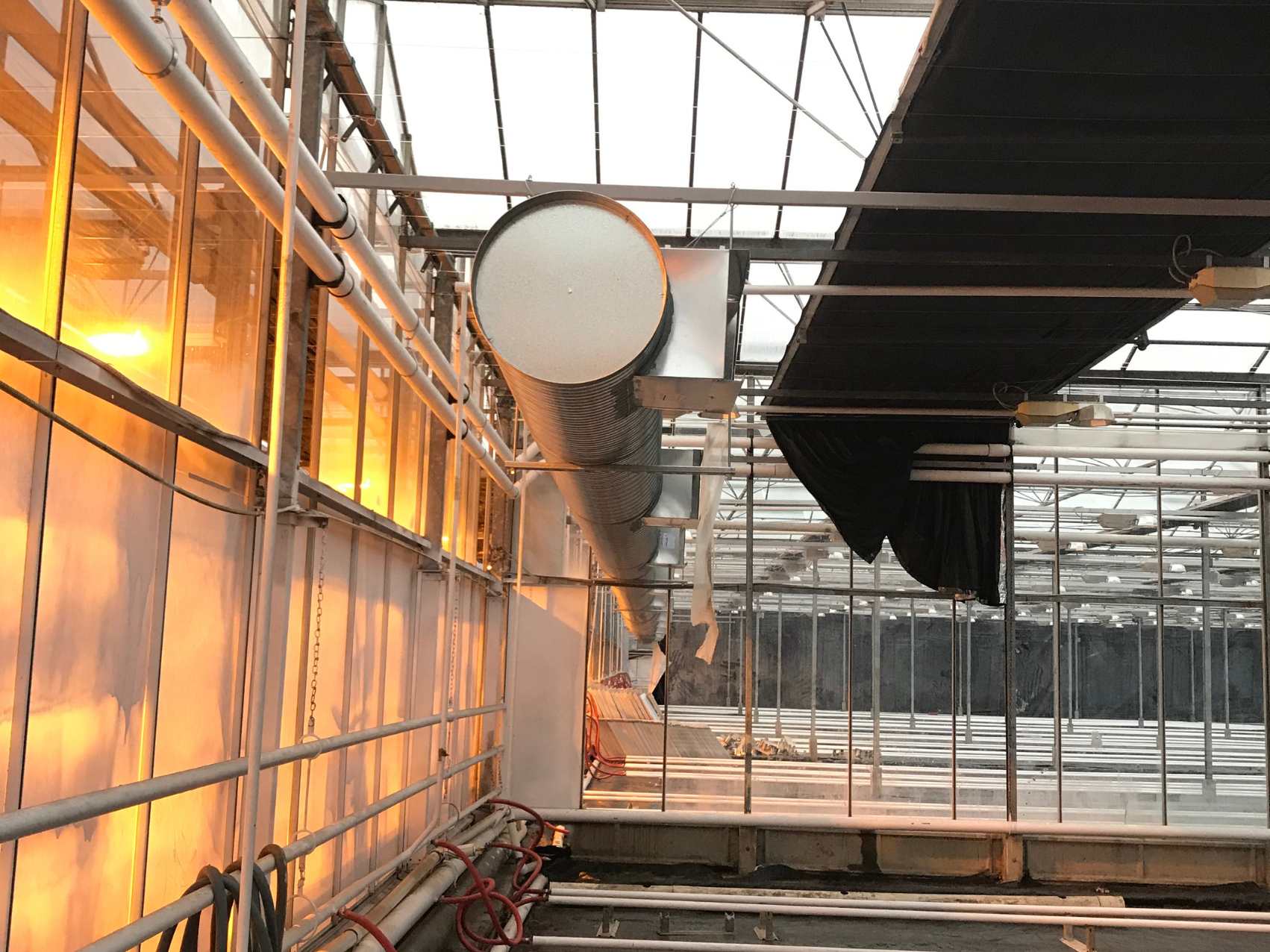
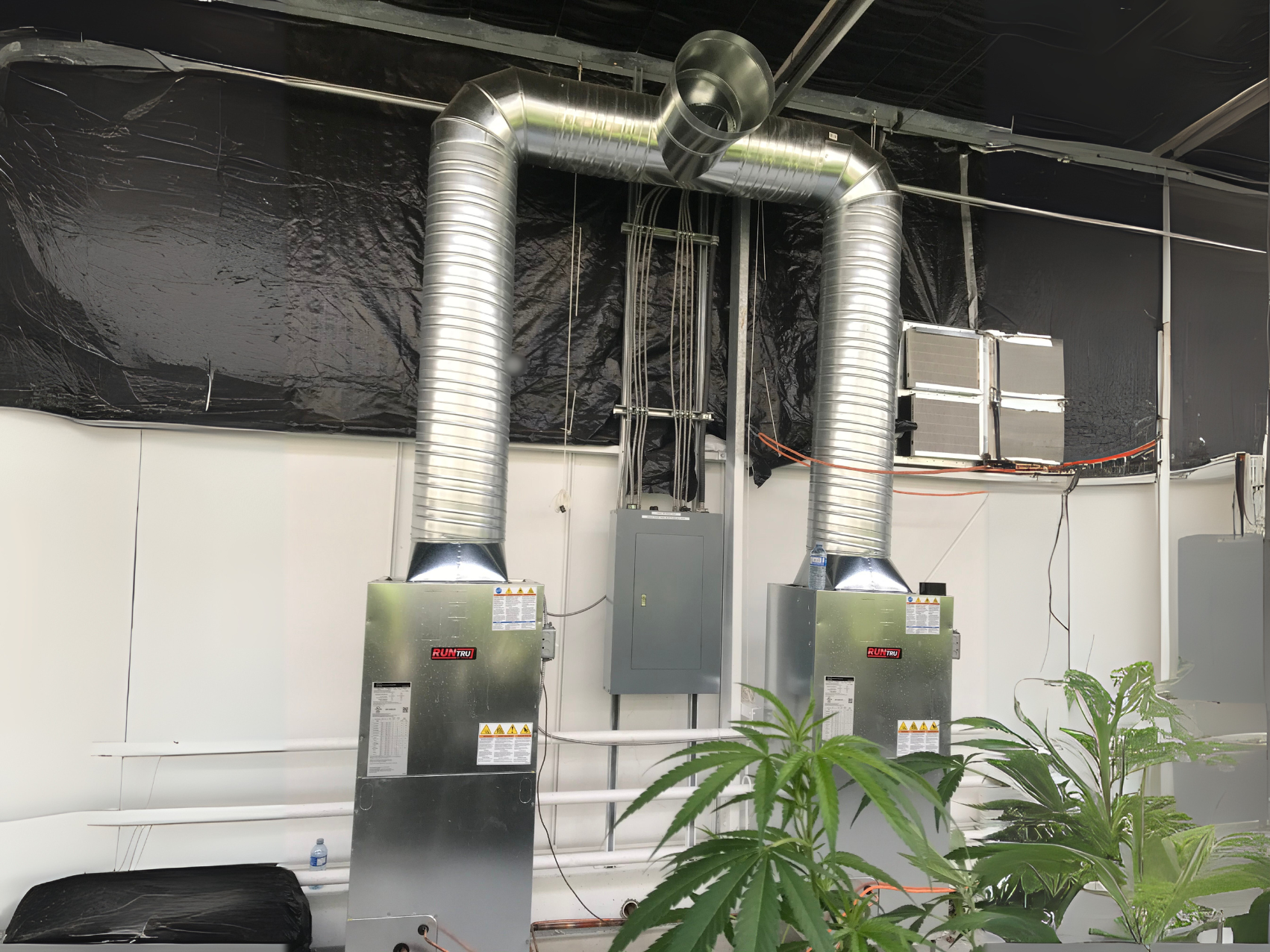
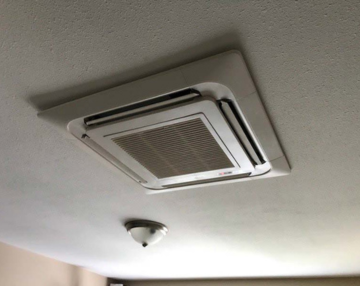
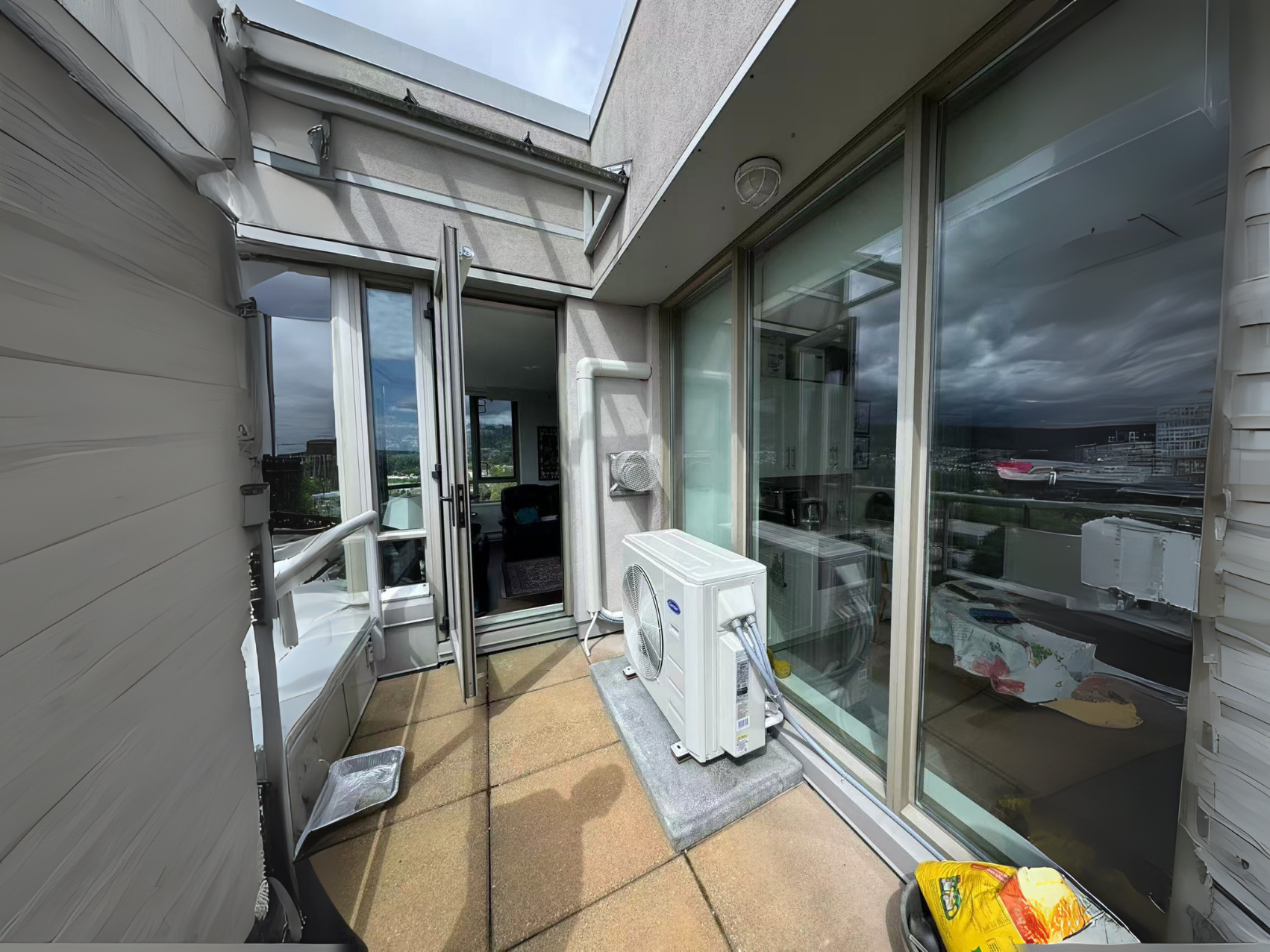
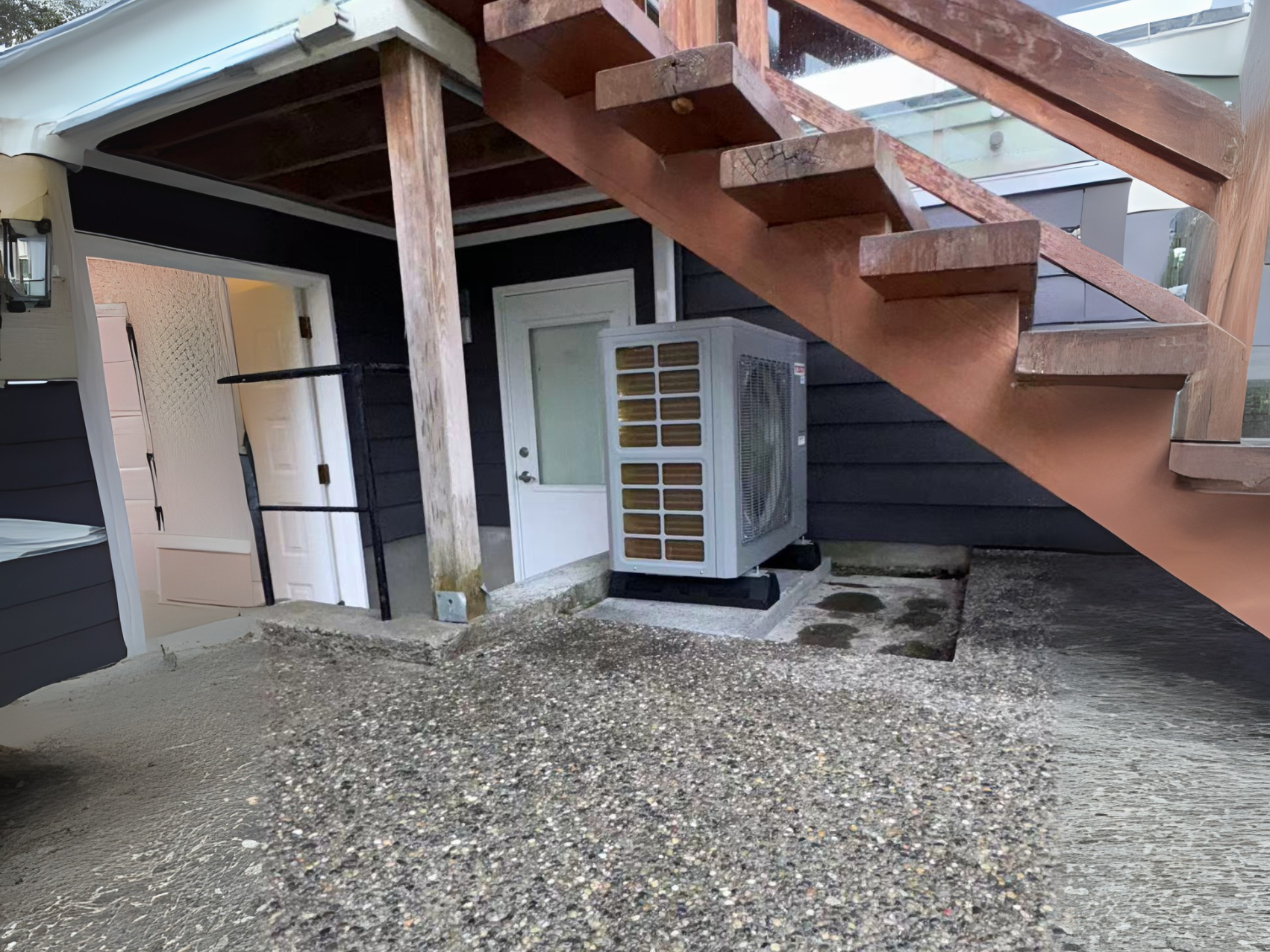
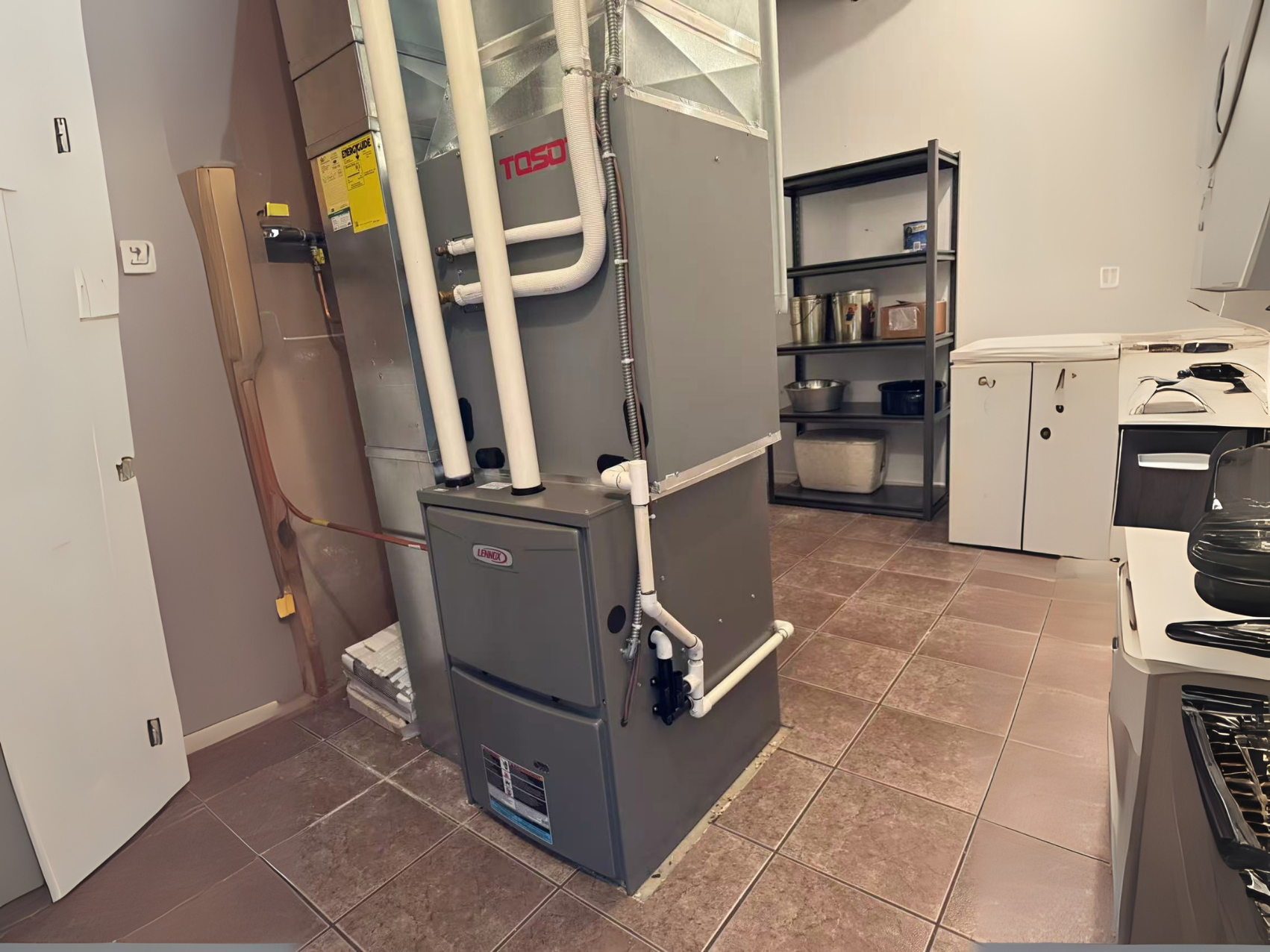
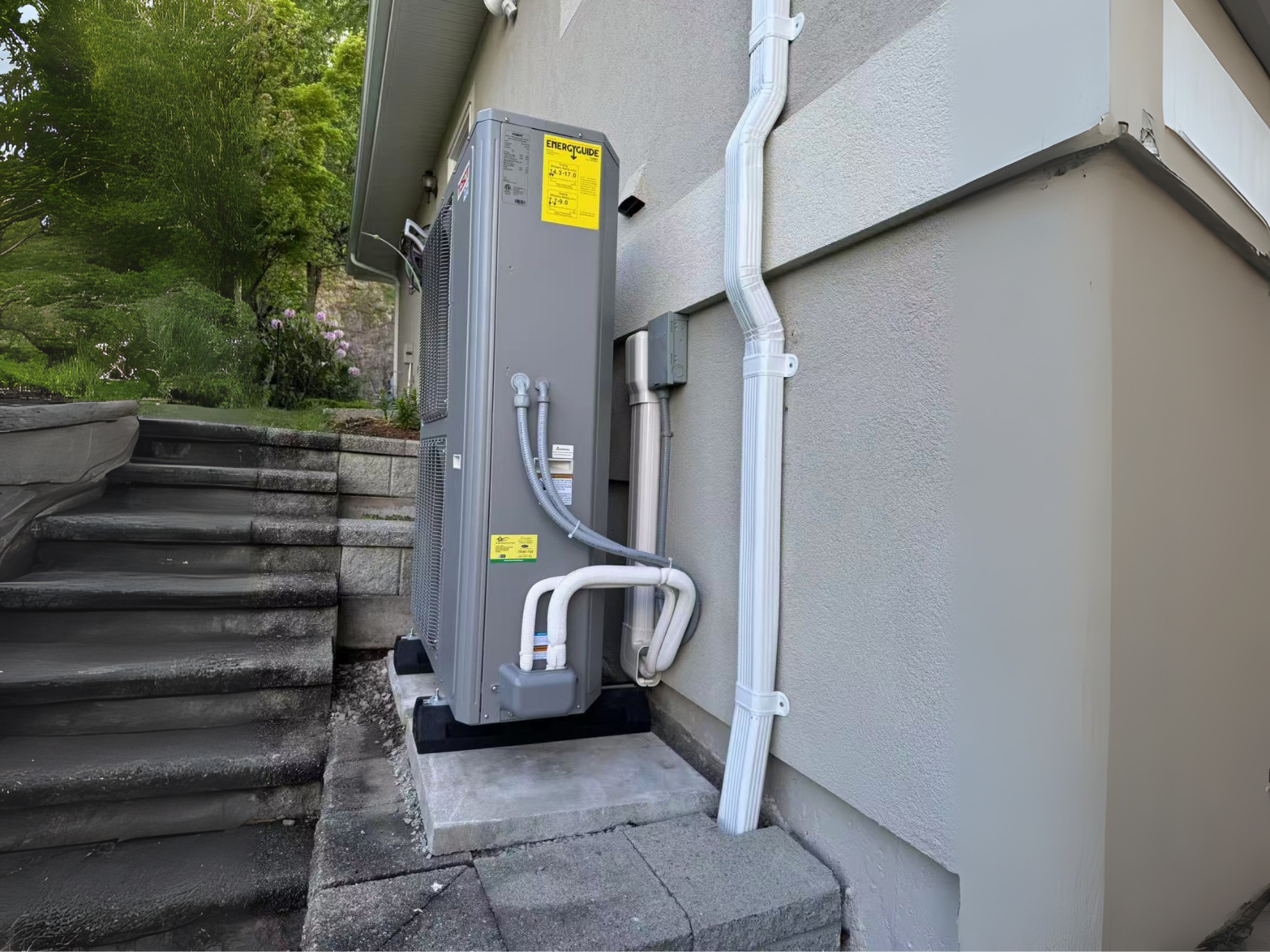
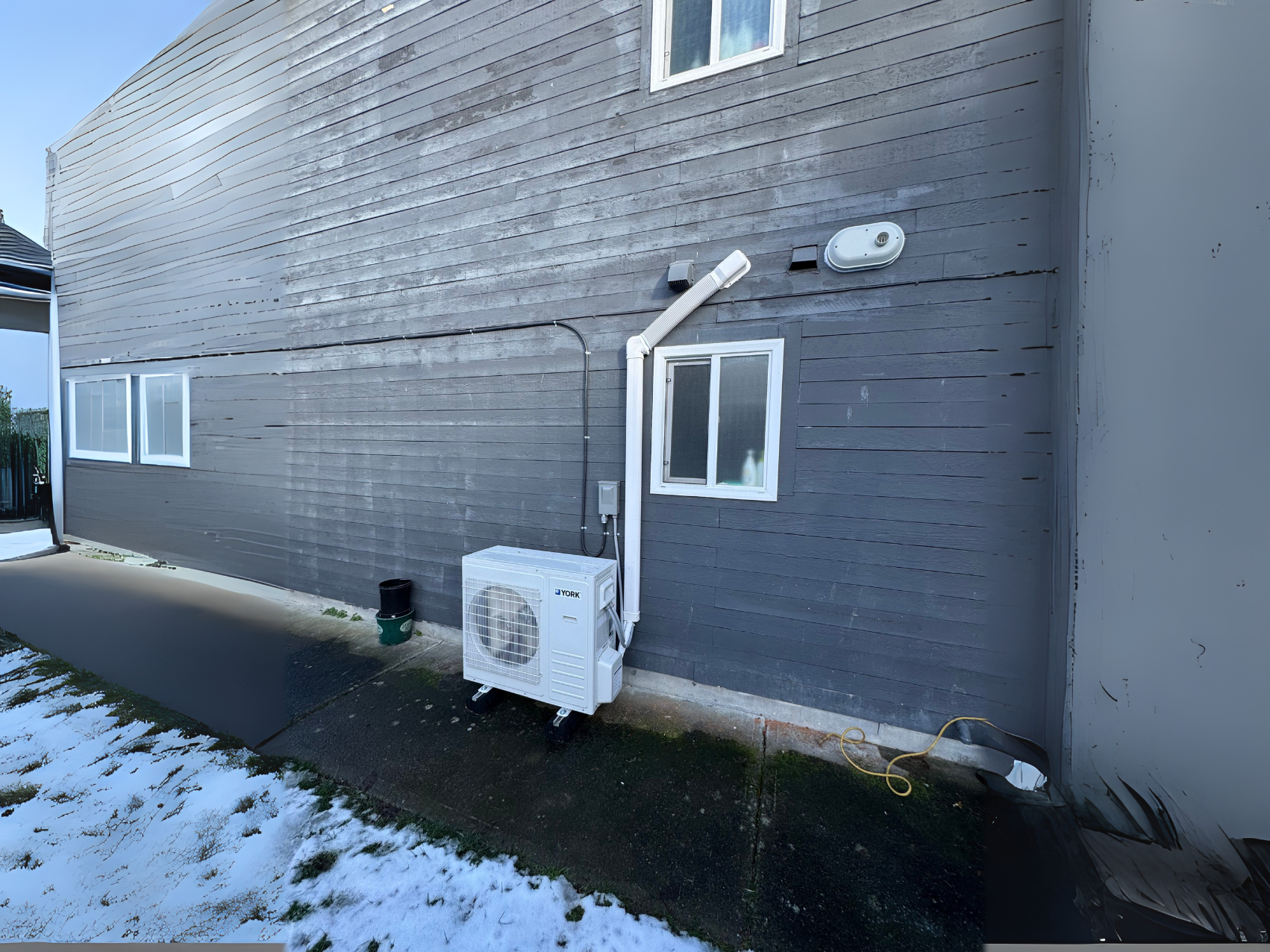
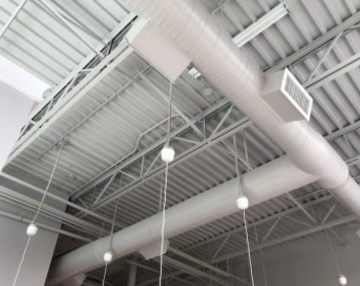
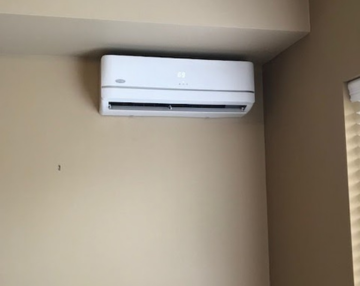
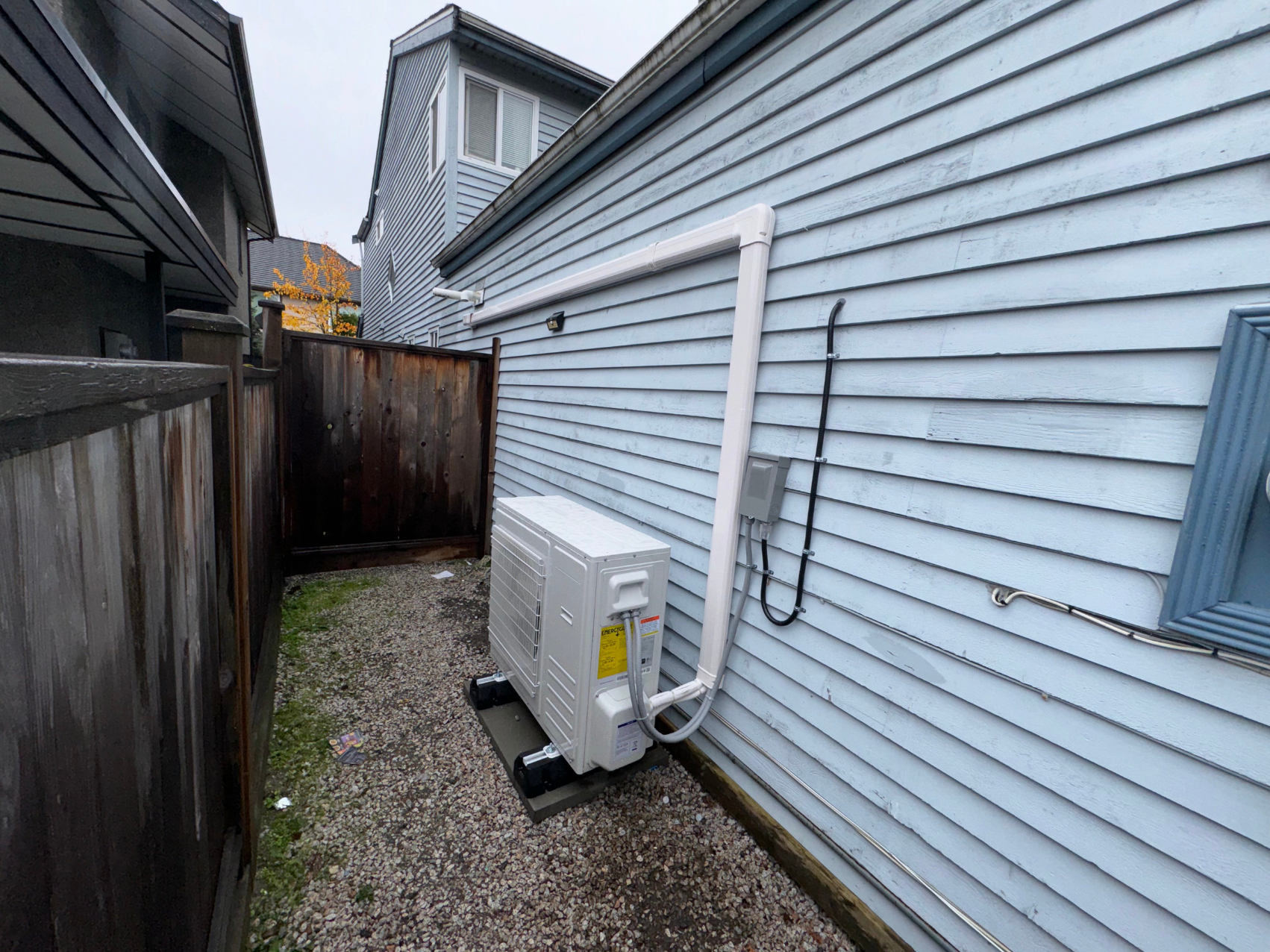
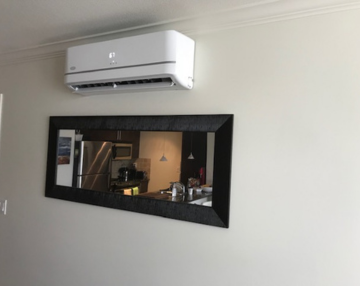
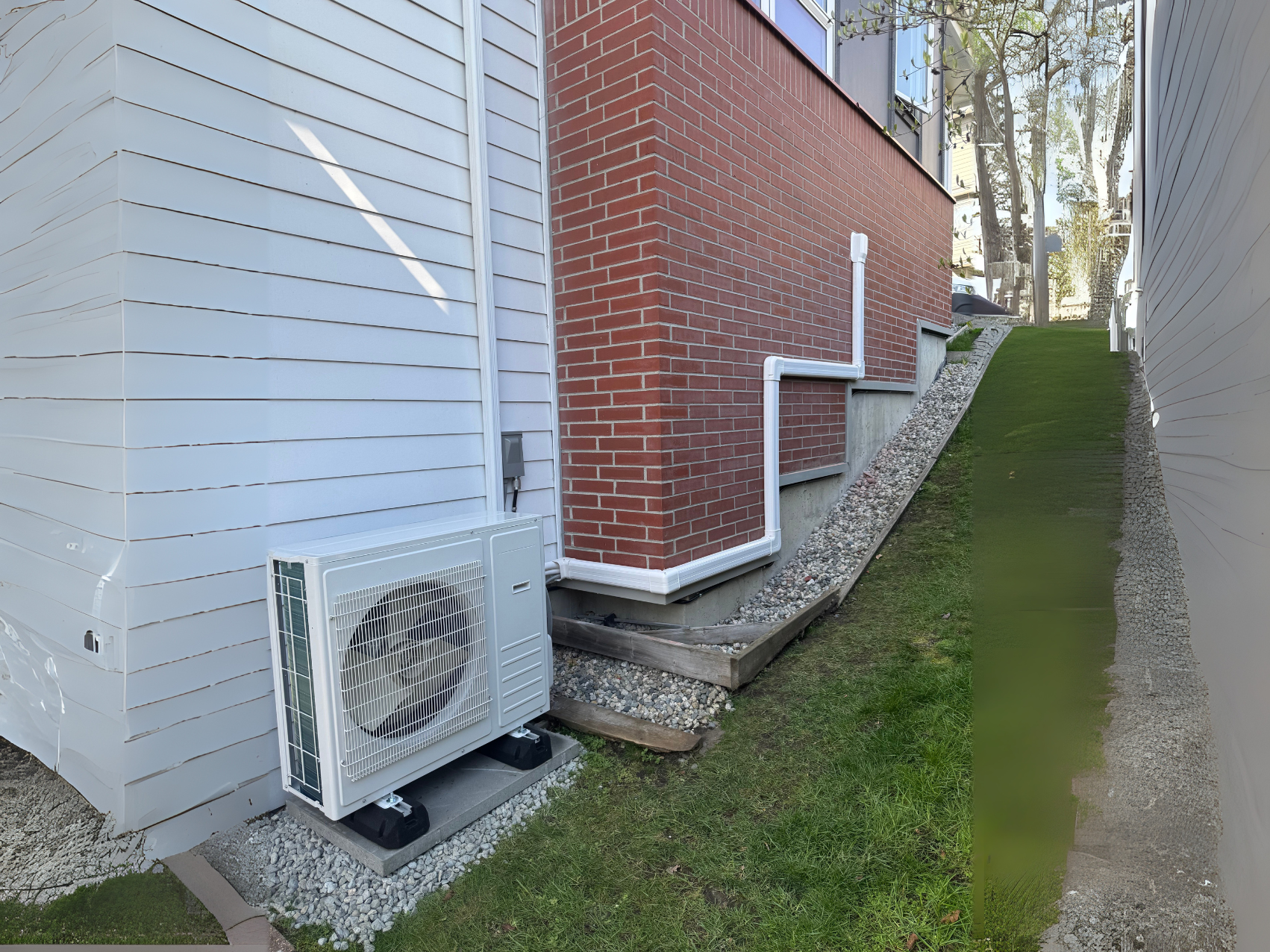
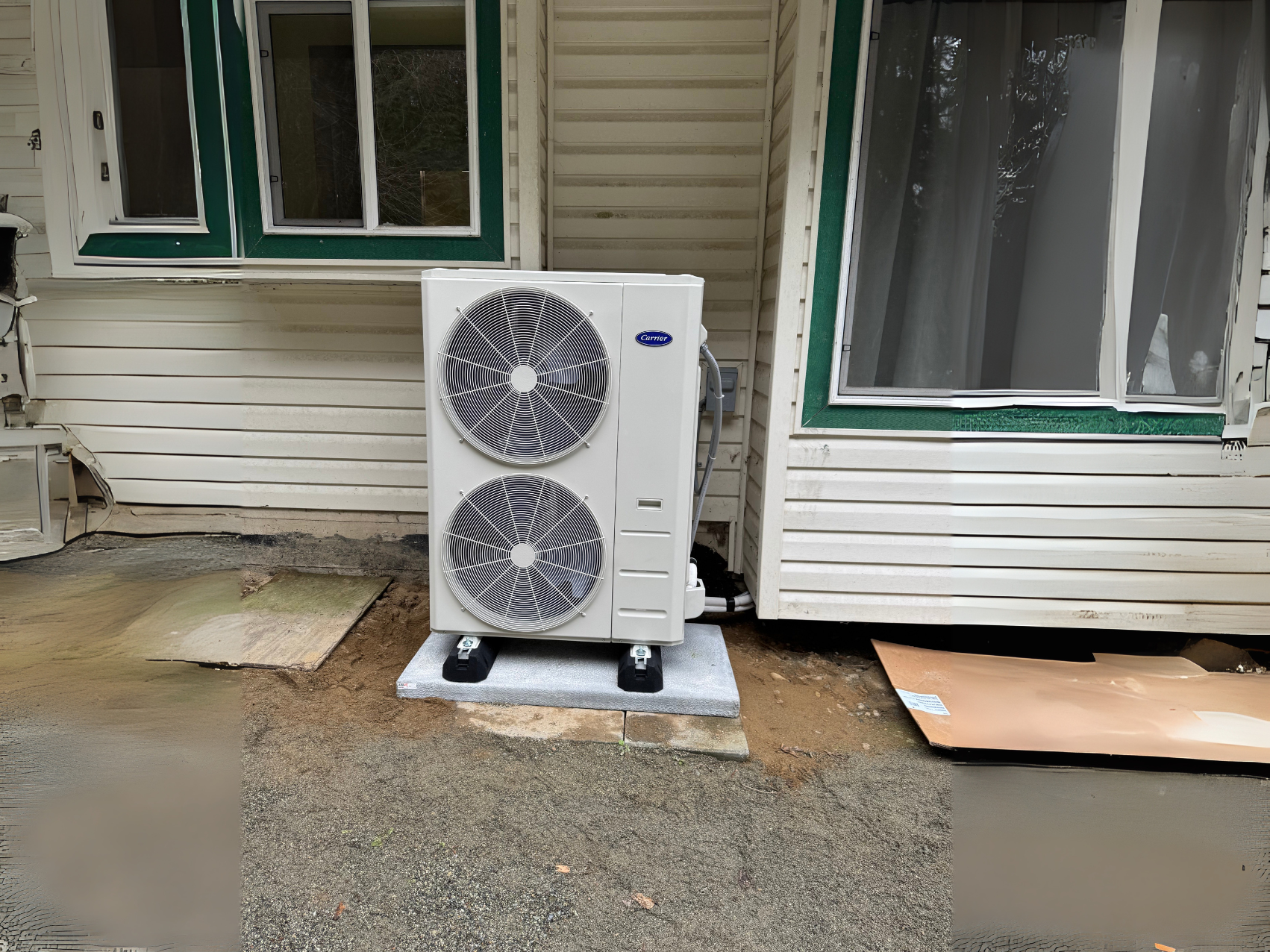

Do expensive furnace filters make a difference
When it comes to maintaining your HVAC system, one of the most crucial components is the furnace filter. Regularly replacing and choosing the right filter is essential for ensuring optimal performance and air quality in your home. However, many homeowners wonder: Do expensive furnace filters make a difference? With a wide variety of filters available, it can be difficult to know whether spending more on a high-end filter is worth it. In this article, we’ll explore the key differences between cheap and expensive furnace filters, their impact on air quality, energy efficiency, and system longevity, helping you make an informed decision for your HVAC needs.
What Are Furnace Filters and Why Do They Matter?
Furnace filters are a crucial part of your HVAC system. They serve as a barrier to trap dust, dirt, pollen, and other airborne particles, preventing them from circulating through your home and contaminating the air you breathe. Furnace filters are typically located in the return air duct of your furnace and need to be replaced periodically to ensure proper airflow and air quality.
Here are the key reasons why they matter;
Air Quality: Filters prevent allergens, dust, and other pollutants from circulating in your home, improving the overall indoor air quality.
HVAC Efficiency: A clean filter ensures that the furnace and air conditioning units can function efficiently, saving energy and money.
System Protection: Filters prevent debris and dirt from entering the internal components of your HVAC system, which can help prolong the lifespan of your furnace and air conditioner.
Without proper filtration, your furnace could become clogged, reducing airflow and putting strain on your system.
Do Expensive Furnace Filters Make a Difference?
The answer is yes—expensive furnace filters can make a significant difference in your home's air quality, HVAC efficiency, and overall energy consumption. Here's why:
Better Filtration: One of the primary advantages of expensive furnace filters is their higher Minimum Efficiency Reporting Value (MERV) rating, usually between 8 and 16. The MERV rating indicates how effectively a filter traps particles of different sizes. High-quality filters capture smaller particles such as dust, pollen, pet dander, and even bacteria. In contrast, cheaper filters have a lower MERV rating and struggle to filter out fine particles, which can affect air quality and overall health.
Improved Air Quality: Expensive furnace filters, such as HEPA filters, are renowned for their ability to capture microscopic particles that may go unnoticed by less expensive alternatives. For those living in areas with high pollution, or for people with allergies or asthma, upgrading to a high-end filter will significantly improve indoor air quality and make breathing easier.
Energy Efficiency: Another benefit of investing in an expensive filter is improved HVAC efficiency. High-quality filters allow for optimal airflow, preventing your furnace from working harder than necessary. When filters become clogged or less efficient, your HVAC system must consume more energy to circulate air. Expensive filters ensure proper airflow, potentially lowering your energy bills while keeping your system running smoothly.
Investing in an expensive furnace filter offers numerous long-term benefits, improving both air quality and HVAC system performance.
Cheap vs. Expensive Furnace Filters: What's the Difference?
When comparing cheap vs expensive furnace filters, it's essential to look at factors such as material, MERV rating, lifespan, and cost. Here’s a table to give you a clearer understanding:
Cheap furnace filters are often made of fiberglass or synthetic materials and have lower Minimum Efficiency Reporting Value (MERV) ratings, typically between 1 and 4. These filters can capture larger particles, but they fail to trap smaller pollutants like dust mites, pollen, and bacteria, leading to poorer air quality. They also need frequent replacement, resulting in higher long-term costs.
On the other hand, expensive furnace filters are constructed with higher-quality materials, such as pleated media or HEPA filters, and boast higher MERV ratings (8-16). These filters efficiently capture a broader range of pollutants, improving indoor air quality and system efficiency. They last longer, reduce energy consumption, and contribute to a healthier environment, making them a better investment for long-term comfort and system performance.
Health Benefits of Using Expensive Furnace Filters
Choosing an expensive furnace filter can have significant health benefits, especially for households with individuals who suffer from allergies, asthma, or other respiratory issues. Here’s why:
Allergen Removal:
Expensive furnace filters are designed to capture tiny particles like pollen, pet dander, and dust mites—common allergens that can aggravate asthma and allergy symptoms. High-quality filters, especially those with higher MERV ratings, prevent these particles from circulating in your home, significantly improving air quality. If you live with pets, plants, or in a pollen-heavy area, upgrading to a premium filter can provide immediate relief and help create a healthier indoor environment.
Bacterial & Viral Protection:
Advanced filters, particularly HEPA filters, can trap extremely small particles, including bacteria, viruses, and mold spores. These harmful microorganisms can trigger respiratory issues, infections, and other health problems. For households with vulnerable individuals, such as the elderly or those with respiratory conditions, investing in an expensive furnace filter can offer enhanced protection, reducing the presence of harmful pathogens in the air.
Cleaner Air for Everyone:
Even if you don't suffer from allergies or asthma, cleaner air benefits everyone. High-quality filters improve overall air quality by removing dust, dirt, and other contaminants, which can create a fresher, more comfortable living space. With fewer airborne pollutants, your home will feel cleaner, reducing the risk of respiratory issues and making your environment more pleasant for all.
What Happens if You Don’t Change Your Furnace Filter?
Neglecting to change your furnace filter regularly can have several adverse effects:
Reduced Airflow:
When you neglect to change your furnace filter, it becomes clogged with dust, dirt, and debris, which restricts airflow. This forces your furnace to work harder to circulate air throughout your home, reducing the efficiency of your heating and cooling systems. As airflow diminishes, the HVAC system struggles to maintain optimal temperature control, which can compromise comfort and performance.
Increased Energy Costs:
A clogged furnace filter forces your HVAC system to work harder to push air through, increasing energy consumption. When airflow is restricted, the furnace uses more power to heat or cool your home, leading to higher utility bills. Regularly replacing your filter ensures optimal system efficiency and helps keep energy costs in check, saving you money in the long run.
System Damage:
Ignoring the need to replace your furnace filter can cause your HVAC system to overheat and overwork, putting extra strain on its components. A clogged filter prevents proper airflow, which can lead to malfunctioning or permanent damage. Over time, this can result in costly repairs or even the need for a full system replacement, making regular filter maintenance crucial for preserving the longevity of your furnace.
Poor Indoor Air Quality:
A clogged furnace filter can't effectively trap dust, dirt, pet dander, and other airborne particles. As a result, these contaminants circulate throughout your home, significantly reducing indoor air quality. This poor air quality can worsen allergies, asthma, and other respiratory conditions. Regularly replacing your furnace filter helps ensure a healthier home environment, reducing pollutants and allergens in the air.
Final Words
So, do expensive furnace filters make a difference? Choosing the right furnace filter can have a significant impact on your home's air quality, energy efficiency, and HVAC system longevity. While cheap furnace filters may be tempting due to their lower upfront cost, expensive filters offer numerous benefits, including better filtration, improved air quality, and increased energy savings.
High-quality filters, such as HEPA, can effectively trap allergens, bacteria, and fine particles, making them an ideal choice for households with respiratory conditions or allergies. Neglecting to change your furnace filter regularly can lead to reduced airflow, increased energy costs, and potential damage to your HVAC system. By investing in a premium filter and maintaining it properly, you ensure your HVAC system runs efficiently, while also improving the air quality in your home. Regular filter replacement is a simple yet crucial step in maintaining a healthier, more comfortable living environment.
Copyright © 2025 Ariana Heating & Air Conditioning Ltd. All rights reserved.

